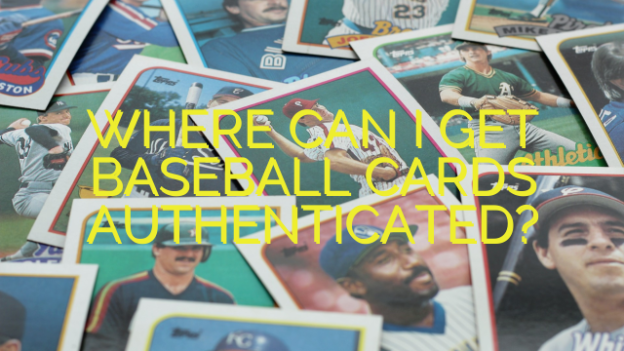Professional Sports Authenticator (PSA) – PSA is widely considered the gold standard in third-party authentication and grading of sports cards. They have authenticators and graders on staff that carefully examine each card under high-powered magnification to verify authenticity and assign a precise grade based on the card’s condition. The grading scale runs from 1 to 10, with 10 being gem mint. PSA authentication provides strong confidence in the card’s authenticity for resale purposes. Cards authenticated and graded by PSA tend to fetch higher prices from collectors. Once complete, the card is sealed in a tamper-proof plastic holder that displays the grade, making it easy for future buyers to verify. PSA authentication does come at a cost, with basic authentication fees starting around $10-$20 per card depending on turnaround times.
Beckett Grading Service (BGS)
Similar to PSA, BGS employs expert authenticators to carefully examine cards and then encases authenticated cards in protective slabs that display the assigned grade. Grades run from 1 to 10 on the BGS scale. They are considered the second largest third-party authenticator/grader after PSA. Basic authentication and grading fees start around $15-$25 per card. BGS slabs provide a reliable verification of authenticity that is accepted in the hobby.
James Spence Authentication (JSA)
While perhaps not as well known as the previous two, JSA is another reputable authentication service specializing in collectibles like cards, comics and memorabilia. They employ a team of experts that examine items under magnification and may use advanced authentication technologies like ultraviolet light and microscopic inspection. Once authenticated, items are sealed in tamper-evident holders displaying the JSA authenticity hologram. Base authentication typically runs $15-$25 per card. JSA is a trusted name in the industry.
SGC (Sportscard Guarantee Corporation)
SGC focuses solely on sports cards and uses similar authentication and grading processes as PSA and BGS. Graded cards are sealed in plastic slabs showing the assigned grade. SGC slabs may not carry as high of resale values as the bigger brands, but provide a reliable authentication at lower fees in the $10-$15 range per card. They can be a cost-effective option for basic verification.
Private authenticators
For high-value vintage cards, some collectors prefer to send directly to private third-party authenticators not associated with the major grading services. Experts like Joe Orlando, Ted Casa or Alan Goldberg charge consulting fees for their professional opinion and extensive expertise in examining1960s/1970s high-dollar cards for authenticity issues. While more expensive than basic bulk authentication, a positive verification from a top independent authenticator adds strong confidence for truly rare pieces.
Self-authentication
For most modern cardboard in near-mint condition, basic self-authentication may suffice if simply verifying for personal collection. This involves carefully examining features under bright light against a high-resolution scan. Checking for proper centering, glossiness of print, crispness of edges and matching visual traits to a scan can offer reasonable confidence in authenticity when grading isn’t a concern. Of course, self-authentication provides no resale guarantee as a third-party service would.
Before determining where to get cards authenticated, collectors should evaluate the goals of authentication. Is the primary purpose for personal verification, to document condition for insurance purposes, or to maximize potential resale value? Doing research on the various authentication options can help select the most suitable service. While not an exhaustive list, PSA, BGS, SGC and JSA generally provide reliable third-party examinations that offer strong authentication where resale value matters most. Private experts suit very rare/expensive singles. Self-checks work for short-term verification of modern mint cards not intended for immediate resale. With proper planning, any level of baseball card collector can obtain authentication suited to their needs and collection’s value tiers.

